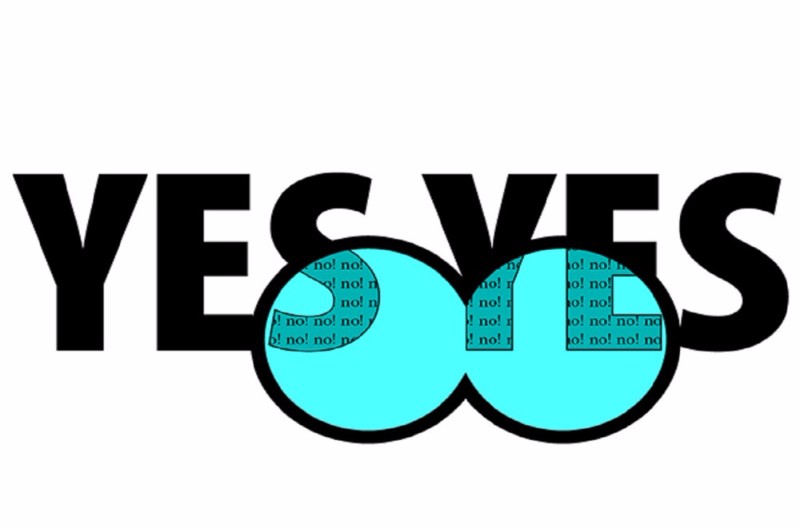Is Cloaking Useful For Your SEO Campaign? – Expert Of Semalt, Natalia Khachaturyan

Violating Google's Webmaster conditions and guidelines can make your site rank lower or get to the Google blacklist. A good number of webmasters consider using black hat SEO techniques to rank high in the search engines shortly after starting sites development. Recently, cloaking has been the topic of discussion in digital marketing industry.
The Content Strategist of Semalt, Natalia Khachaturyan, explains that cloaking is one of the most elegant tricks used by webmasters to hit their target markets in real time. When it comes to cloaking, webmasters trick search engines by presenting them content different from the text displayed to potential visitors. In simple words, cloaking is programming your website's servers to return different version of material to users as compared to content submitted to search engines.
How Google reacts to cloaking
Also known as a search engine spam, cloaking is a short-term search engine optimization scheme that can entirely ruin your future online campaign. Search engines don't like to be tricked. Presenting spiders and bots with HTML texts and returning users with images results is a violation that can end up jeopardizing your career as a digital marketer.
Webmasters implement cloaking on their sites with a sole intention of improving algorithms rankings by tricking spiders and bots. Google penalizes webmasters implementing web and page cloaking by marking their converting keyword as irrelevant. Continued execution of black hat SEO techniques on your e-commerce website can lead to blacklist effect.
Using .htacess file to execute cloaking on your site

Some questions have been raised regarding how cloaking is performed. To run both web cloaking and page cloaking on your website, you have to be vigilant and smart enough. The whole idea of cloaking entirely depends on user-agents and IP addresses. To succeed in this black hat SEO technique, webmasters gather search engine crawlers and a range of IP addresses that helps them to deliver content.
By modifying .htacess configuration file using an Apache server module, webmasters works on delivering content by detecting where an IP address originates from. If 'mod-rewrite' module server identifies an IP address belongs to web crawlers, a generated script offers a different version of the original content.
Common cloaking practices
Webmasters optimize titles, descriptions, and Meta tags to rank high in the algorithms. Here are SEO techniques optimized by webmasters to trick search engines.
E-mail cloaking
E-mail cloaking is one of the black-hat SEO techniques that can get your website blacklisted. E-mail cloaking works by encrypting the address and the sender's name to hide their identity.
Image-rich sites
Web crawlers do not scan images. Image-rich content comprises of more galleries than material. Webmasters take advantage of models to get top ranks regarding relevant keywords.
Re-writing URLs
Also known as URL cloaking, URL Rewriting is a black hat SEO technique that works on changing URLs and leaving the content intact.
Cloaking is one of the black hat SEO techniques that you should not consider executing on your website. Cloaking depends on tricking search engines and fooling spiders and bots. Some websites have been blacklisted as a result of optimizing their websites for black hat SEO techniques such as spinning and cloaking. Optimize your website for white hat SEO techniques to get a top placement on your converting keyword.